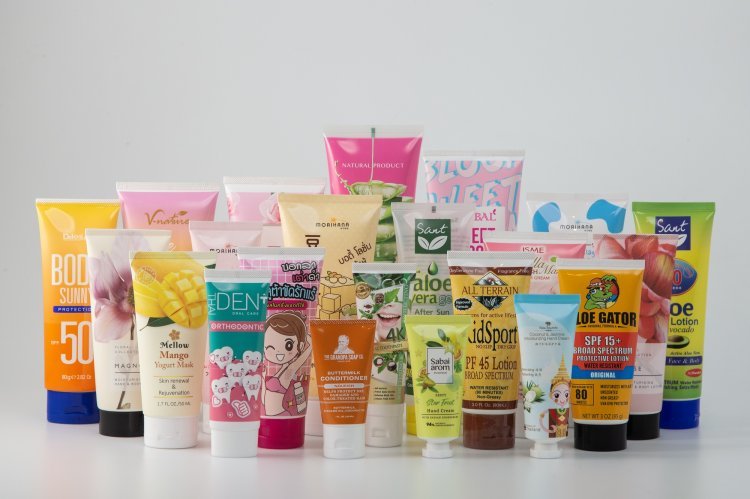The History of Today’s Food Grade PBL Packaging Tubes
Last updated: 21 Mar 2022 | 2252 Views |

The success of your product starts with its ability to capture the customer's eye and attention. As a manufacturer of shelf-stable food products, your brand is in competition with every other product in your category on the shelf. Your food-grade PBL packaging tubes are like the initial ambassadors and silent sales reps for your product.
Thankfully, there are many different varieties of PBL tubes available nowadays. Multi-ply tubes add to the safety and hygiene of your products. Different cap designs can make your packaging easier and more convenient to use. Tubes also come in different lengths and widths to stand out and be seen by customers on store shelves.
The design of your product packaging is constrained only by the measurements of the shelf that will be displaying it. And so, many manufacturers have a variety of tubes to suit the many display options of different stores.
Evolution of PBL Tube Design
When other products make use of the same size and style of PBL tubes as yours, how do you make a noticeable splash on store shelves?
The PBL tube industry has gone to great lengths to provide an elegant solution. In the early days, when PBL tubes were first discovered to be an excellent way to package semi-solid and liquid foods, the outside of the tubes was very basic. They were generally one solid colour, and the plastic used had a slick finish that didn't provide the porous, textured surface that was needed to hold the printer's ink.
A stopgap measure was to include a separate step in the production process that applied a pre-printed label onto the side of the tube. This was a less than ideal method of branding. The paper labels would come off when exposed to liquids or abrasives. They also made the tube slightly heavier, thereby increasing weights and shipping costs.
The underlying problem was in the material of the tubes themselves. Packaging manufacturers invested a lot of time and effort in formulating a material that provided the same hygienic and sealed packaging qualities as the existing tubes but that was porous and textured enough to provide traction for the ink without flaking or rubbing off.
Breakthrough in New Designs
There were a number of breakthroughs that all came at around the same time as the understanding of plastics grew within the industry.
As mentioned before, the biggest breakthrough was the development of a textured and porous exterior plastic that held ink remarkably well. In the rush by product designers to explore and make use of the new design freedom that this inspired, different capping systems started being designed to suit the food products inside the tubes.
The plastic tubes were also able to be colour-matched to the various caps that were available. And where the tubes had always been of uniform width and length, product designers challenged the reason for this and packaging manufacturers found themselves adapting to the new freedoms of the product designers.
Packaging Industry Rose to the Challenges
Consumers were stunned by the growing variety of colours, shapes and usability of the various product designs. The shelf-stable food industry saw a surge in product use by consumers, and the food industry as a whole has never looked back.
But it was the plastic PBL tube industry working with the product designers that together ramped up the quality of the exteriors of the plastic tubes. They provided a solution to all the challenges put forth by the food manufacturers and proceeded to make shelf-stable food a viable and marketable sector of the food industry.
Victor Packaging is a PBL Tube Leader
Victor Packaging is a leading PBL tube manufacturer that ships its products all over the world. Their latest generation of tubes features a choice of eight diameters and many designs of caps to suit every type of food.
They also are working to make the tubes more environmentally friendly. Today's tubes feature a reduction of plastic material with thinner wall bodies and shoulders. The caps are lightweight and made from a mono-material that's as recyclable as the rest of the tube. And the finishes used in the printing of these tubes all consist of solvent-free inks and varnishes.
If you want to learn more about what Victor Packaging can offer your food products, please contact us today.



